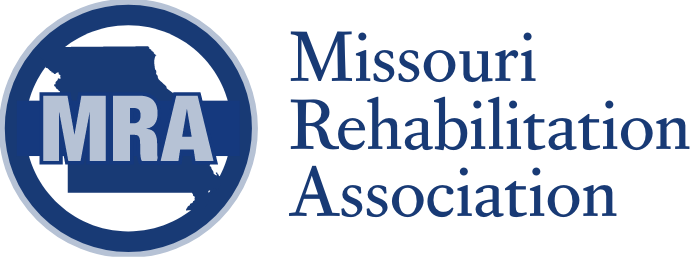Beth Dauber
University of Missouri Kansas City
Project Coordinator
beth.dauber@umkc.edu
https://ihd.umkc.edu
Beth Dauber is an experienced professional currently serving as a Project Coordinator for UMKC-IHD’s Health & Aging Team. With a strong passion for systems change, she had contributed towards projects including Missouri’s No Wrong Door, Missouri’s Brain Injury State Partnership Program, and played a key role in establishing Missouri Brain Injury Resource Facilitation (MOBIRF).
Beth's background includes various roles during her years with Missouri Vocational Rehabilitation as well as an Adjunct Faculty member at Maryville University. She holds a master’s degree in Rehabilitation Counseling and maintains her credentials as a Certified Brain Injury Specialist Trainer (CBIST) and Certified Rehabilitation Counselor (CRC).
About
Individuals with brain injuries (BI) often face barriers to employment due to cognitive, physical, and emotional challenges, yet professionals may lack the tools and resources needed to effectively support this often-invisible disability. In 2022, the Missouri Brain Injury Resource Facilitation (MOBIRF) initiative was launched to bridge these gaps by integrating brain injury-informed strategies into service delivery models. This session will explore how MOBIRF enhances professionals’ ability to identify BI-related challenges, streamline referrals to specialized resources, and implement person-centered employment planning. Key discussion points will highlight new initiatives, including Missouri’s 2025 online brain injury screening pilot, the role of technology, and leveraging cross-agency partnerships to improve employment outcomes.
Learning Objectives :
Identify strategies to enhance cross-agency collaboration and service coordination by leveraging partnerships to improve long-term employment success for individuals with BI.
Explore the role of technology in supporting individuals with brain injuries by improving service accessibility, streamlining communication, and enhancing resource navigation.
